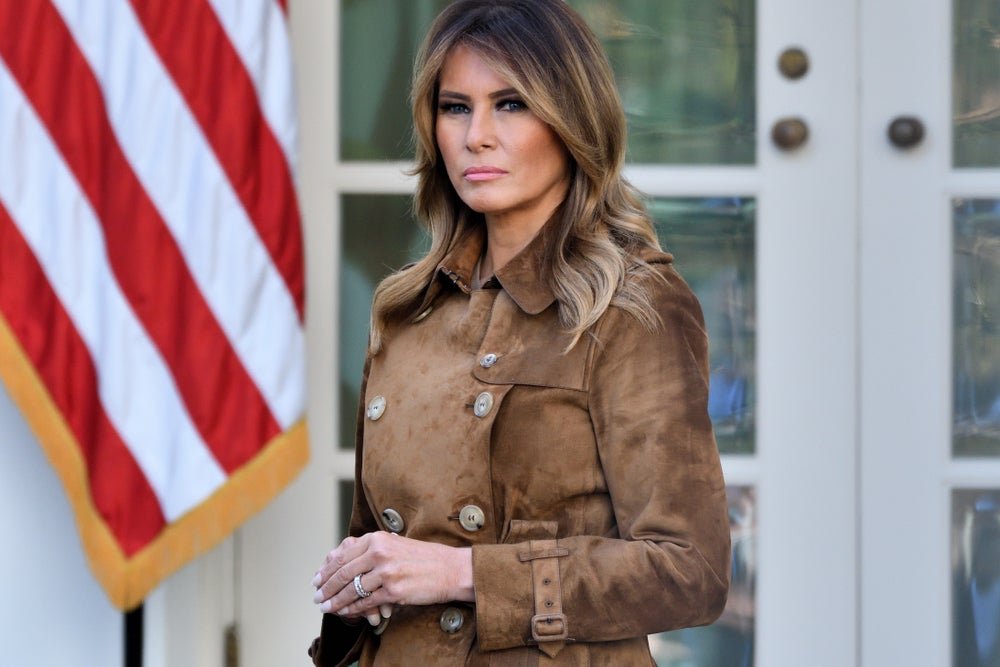Senate Republicans Face Crucial Decision on Trump Endorsement
As the New Hampshire primary approaches, Senate Republicans find themselves at a critical crossroads. They are currently deliberating over whether to endorse former President Donald Trump, a decision that could have significant implications for his potential nomination and the narrowing window for impactful endorsements.
Sen. J.D. Vance (R-Ohio), an early Trump endorser, recently stated, “As the primary unfolds, the political upside of endorsing the president goes down. After Iowa, he’s, in my view, effectively the presumptive nominee.” Vance highlighted the diminishing value of late endorsements in the current political climate, emphasizing the importance of timely endorsements.
Following a decisive victory in the Iowa caucus, where Trump surpassed 50% of the vote and defeated rivals like Florida Gov. Ron DeSantis and former South Carolina Gov. Nikki Haley, Senate Republicans are reportedly feeling the pressure to endorse Trump. Many view the upcoming New Hampshire primary as their last chance to endorse him in a meaningful way, considering his lead in the polls and his known disdain for disloyalty.
Since early December, 12 Senate Republicans have endorsed Trump’s third presidential campaign, with several doing so just days before the Iowa caucuses. In total, 26 Senate GOP members have backed Trump, giving him more than half of the conference’s support heading into New Hampshire.
Sen. Tim Scott (R-S.C.) notably endorsed Trump during a recent rally in the state, further highlighting the importance of timely endorsements. Vance suggested that it is better to endorse sooner rather than later.
Trump’s campaign has been focused on securing endorsements to create a sense of inevitability around his nomination. This strategy aims to consolidate support early and reduce campaign expenditures. High-profile endorsements, such as that from Sen. Ted Cruz (R-Texas), who announced his support following the Iowa results, are crucial to this strategy.
However, senior Republicans like Senate Minority Leader Mitch McConnell (R-Ky.) and Senate Minority Whip John Thune (R-S.D.) have remained hesitant to endorse Trump. Their reluctance reflects broader concerns within the party about Trump’s general election viability.
Despite the hesitancy from some senior Republicans, figures like Sen. Tommy Tuberville (R-Ala.) are calling for unity behind Trump’s campaign. Tuberville stated, “He’s going to be our nominee.”
The decision by Senate Republicans to endorse or not endorse Trump will undoubtedly shape the trajectory of the primary race. As the New Hampshire primary draws nearer, the stakes are high, and the pressure is mounting. Senate Republicans must carefully consider their decision and the potential consequences it may have on both their political careers and the future of the party.
Disclaimer: This article was partially produced with the help of AI tools and was reviewed and published by Benzinga editors.





